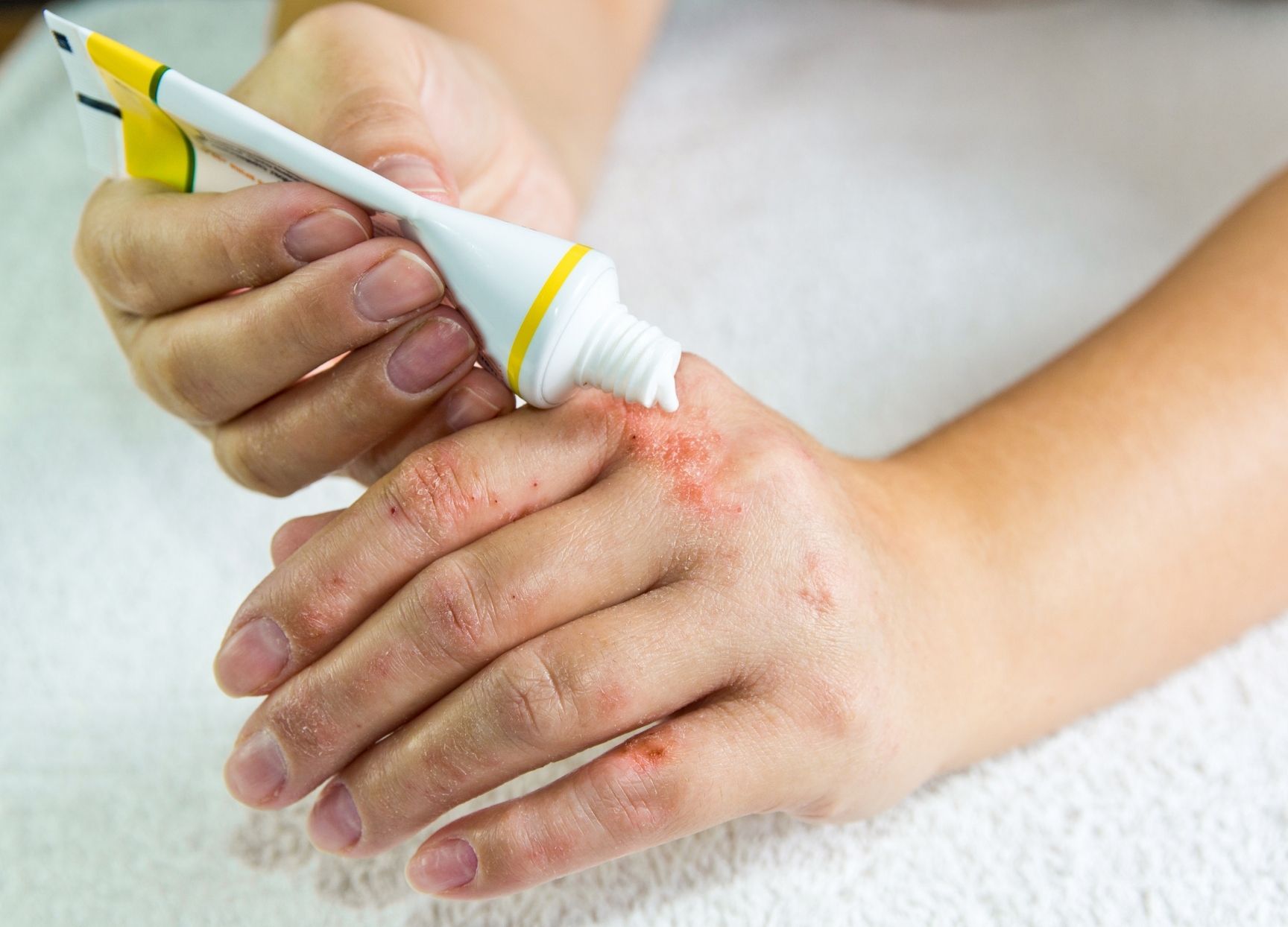Dr Chris Rutkowski
Consultant Allergist
Specialist expertise: Adult Allergy, Drug Allergy, Urticaria, Angioedema, Anaphylaxis, Allergy, Food Allergy, Provocation Food Challenges, ISAC Test, Anti IgE Treatment, Immunotherapy, Hay fever, Rhinitis.
Mastocytosis is a rare disease of the skin in where mast cells gather in body tissues, such as the skin, internal organs and bones.

Mastocytosis is a rare disease of the skin in where mast cells gather in body tissues, such as the skin, internal organs and bones. When mast cells detect a substance that triggers an allergic reaction (an allergen), they release histamine and other chemicals into the bloodstream which can cause mild to life threatening reactions.
The causes of mastocytosis are not fully known, however it is believed that there is a correlation with a change in genes known as the KIT mutation, which makes the mast cells more sensitive to the effects of a protein called stem cell factor. Abnormally high number of mast cells in an individual with mastocytosis create the potential to release large amounts of histamine into the blood.
Symptoms of mastocytosis include skin blisters, nausea, stomach pain, diarrhea, vomiting, brown or red blotches on the skin, bumps or spots that itch, flushing, and fainting. The symptoms of anaphylaxis include nausea and vomiting, weak and rapid pulse, and skin rashes.
The following tests are commonly used to look for signs of mastocytosis:
There’s no proven cure for mastocytosis, so it is advised to stay away from the things that trigger your symptoms. Other treatments used to try to relieve the symptoms include:
By having a complete and integrated team of sub-specialty experts under one roof we ensure that patients are seen by the right consultant at every appointment. Our skin health specialists cover a wide range of dermatological conditions, and our dedicated allergy specialists are recognised leaders in their field.